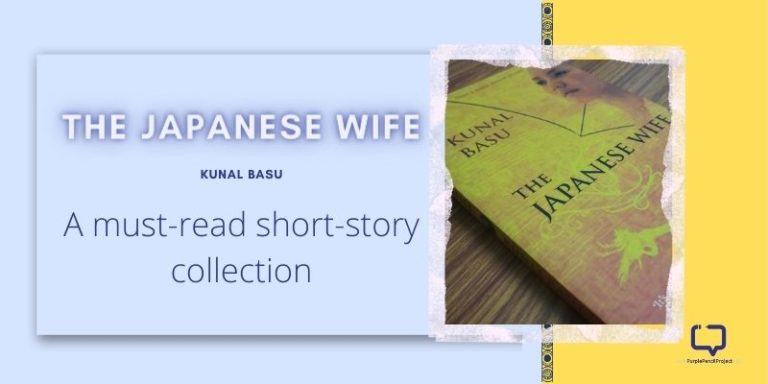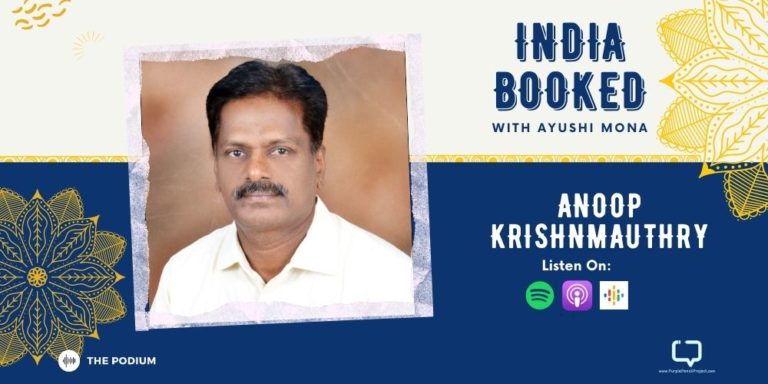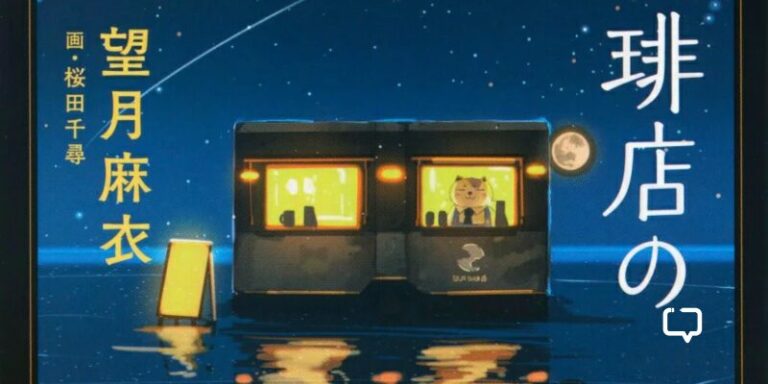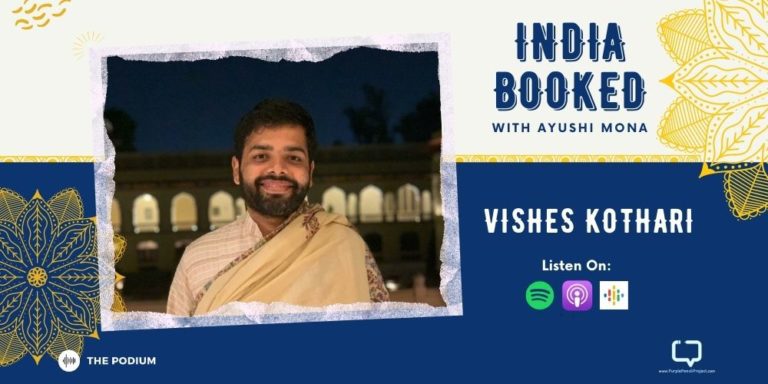Rahul Vishnoi reviews Your Utopia by Bora Chung, translated from Korean by Anton Hur (published by Hachette India, 2024).
The spiritual sequel to Bora Chung and Anton Hur’s massively successful (both critically and commercially) magnum opus Cursed Bunny is heavily drunk on death, destruction and dystopia, and we are not complaining! It takes the readers through strange, sometimes sad, and sorry lanes of what-could-have-been and what-actually-happened. Pandemics occur and recur in these stories, warning us of a dire (dystopian) future if we, the human race, don’t take cognizance of climate change and global warming and whatnot.
The book, however, makes one nostalgic as the reader tries to judge it based on the aftertaste of its massively successful predecessor, The Cursed Bunny. But that’s the curse of success and also of a spiritual sequel.
Recommended Reading: Why I Don’t Agree With the Booker…: Cursed Bunny by Bora Chung Review
Expectations kill. And they kill more spectacularly when the stories of Booker shortlists and New York Times best-selling lists tail your work. But then one thinks, if Your Utopia didn’t have the able-bodied shoulder of Cursed Bunny to stand upon, readers might have judged it harshly.
Story Structure and Key Themes in Your Utopia
Your Utopia is a slim book with 8 stories about dystopia, death, and immortality. It is bookended by an author’s note on grief and resistance. The stories are The Center for Immortality Research, The End of the Voyage, A Very Ordinary Marriage, Maria, Gratia Plena, Your Utopia, A Song for Sleep, Seed, and To Meet Her.
The book begins with a story where Chung blends mystery with comedy. The Center for Immortality Research begins as a stalker story but slowly sheds its thriller garb and comes into being as a corporate satire. It’s hilarious in portions and strange in pieces. The twist at the end introduces that whacky Bora Chung element to throw in some dystopian shade. If it were to remain just a funny corporate story, it would have better served the reader, but then, would it have found a place in Your Utopia?
I was asked to write the invite copy titled “A Letter of Invitation,” and so I tried my best to put together the most polite and succinct invite that I could. The board members took a look at it and it went up to the sojang at the top. The office of the sojang passed on his comments.
– Bora Chung, Your Utopia
“Don’t say ‘letter,’ say ‘words.’”
So I changed it to “Words of Invitation.” Board member A gave me the following order:
“Change ‘of Invitation’ to ‘Inviting.’”
So I changed it to “Inviting Words.” Then board member B ordered:
“Change ‘words’ to ‘letter.’”
That, I could not change.
The End of The Voyage is brilliant, with a breathtaking twist at the end. One of the most interesting stories with a shocking and yet totally organic twist at the end, this is a story of a spaceship sent to preserve great uninfected minds after a deadly pandemic hit Earth. Seemingly normal people would just start to eat a human who happened to be in their vicinity. Barring this, they were totally normal in behaviour and appearance. Marvellously conceptualised and flawlessly executed, this is a worthy successor to the Cursed Bunny style of storytelling. This short story hides a novel or at least a novella in itself.
The biggest problem the afflicted have working against them is the fact that they perceive all other people as food. Food is something you eat or store away to consume at some other time, it is not your colleague. No one thinks of working together with their food to overcome some untenable situation.
– Bora Chung, Your Utopia
The idea that not a zombie but a perfectly normal-looking individual is cannibalising is genius. Bora Chung takes the story through the gore and blood spill it deserves, writing scenes of volcanic frenzy and madness. If you are a diehard Chung-Hur fan, buy the book just for this one. Balancing horror with adult-sized portions of thrill and philosophy, Chung writes:
I don’t think hope is something that fundamentally exists or doesn’t exist…A Chinese writer once said that in a story…about going back home. Hope exists simply because we happen to think it. Space is vast, but even so, there are laws that govern every star, planet, and satellite. There must be a reason we made it this far, a purpose. All we need to do now is to fulfil that purpose.
– Bora Chung, Your Utopia
If God is a man, he could never understand the mundane threats women experience every single day of our lives.
– Bora Chung, Your Utopia
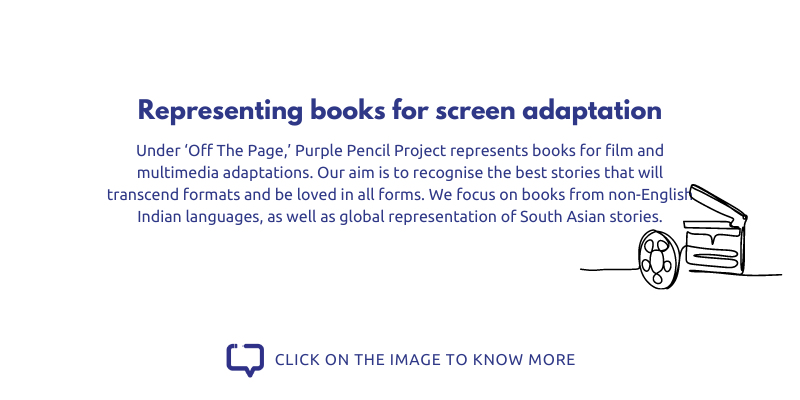
The eponymous story of the collection deals with companionship and the fear of losing what little love you have in life. Rich in visuals, it tells the story of a cold planet once temporarily inhabited by humans sometime in the far future before being abandoned. The robots they left behind are perplexed and dying. One robot thinks, “When the world I was designed for has changed so much, in what ways must I myself change?” It deals with that sensitivity in robots that have long puzzled and tickled the creators in equal measure.
Why Bora Chung Avoids Naming Her Protagonists
In most of her stories, Chung refrains from using names for her protagonists. They are called “this guy,” “unni,” or something as basic as A and B. Her aversion to naming her protagonists continues in most of her stories, perhaps hinting at the futility of naming a character in fiction. She renounces the name not to let the reader get attached to the character and focus solely on the plot.
A Very Ordinary Marriage is scary but ordinary. A Song for Sleep is a philosophy pamphlet masquerading as a Bora Chung story where a futuristic lift asks deep questions.
Why is that humans become weak? Fatigue, stress, sickness, accidents, injury, and aging are just a few of the various reasons why. Why is it that weakened humans are not fixed right away? Sickness and accidents may make it impossible to treat them, and there is no cure for aging. Why not? Is it a matter of spare parts? … Can’t they trade parts with other humans? Is it impossible to use parts from humans who have ceased to function?
– Bora Chung, Your Utopia
Then there is Seeds, which is as bizarre as its title. It’s another story where Bora Chung takes a dig at the prevailing corporate culture. A corporation that owns land sends humans to investigate trees.
There have been reports of biological contaminants found in adjacent crop fields and we’re here to investigate. I’m sure you are aware of this, but no one is allowed to contaminate fields used by Moshennik’s species with other plants, and it is forbidden to use any fertilizer, pesticide, antibiotic, or other growth aid that has not been authorized by the Moshennik Corporation.
In To Meet Her, a 120-year-old Korean lady is recuperating after getting injured in a bomb blast. Her cane has been taken by the police as ‘evidence.’
Conclusion
This book is for the diehard Bora Chung and Anton Hur fans. If you haven’t read Cursed Bunny, I recommend you read this one first so that you don’t try to find a bunny here, cursed or otherwise.














